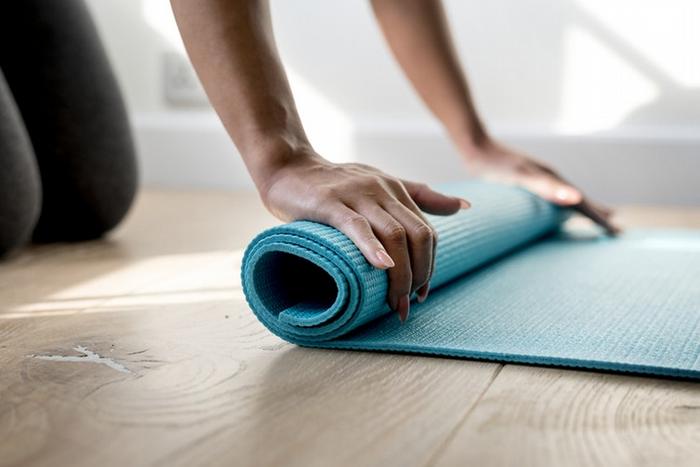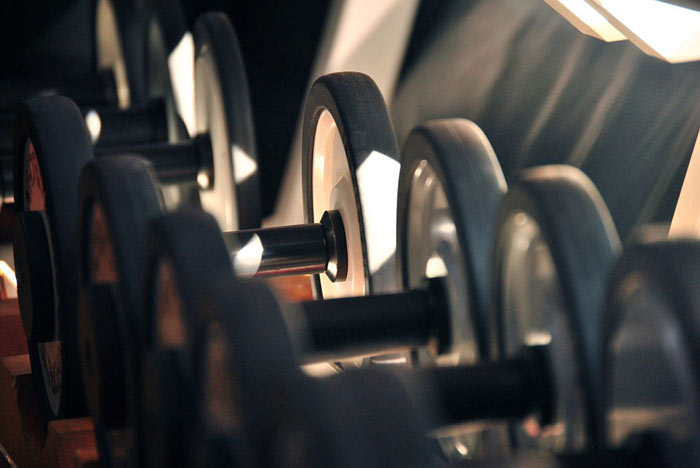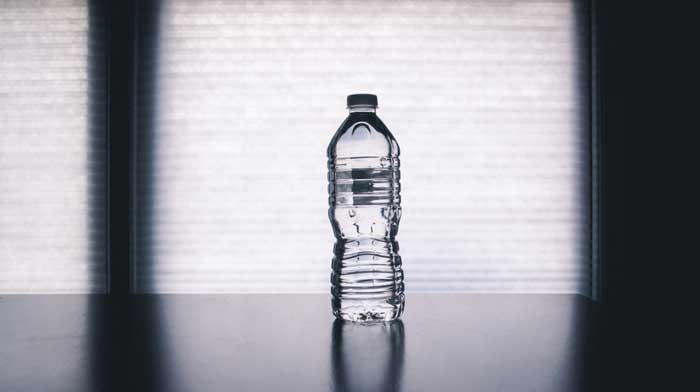Did you know that the moment you leave a fitness club with a sense of accomplishment, everything is just beginning? We are now talking about the recovery process, which, as is known, directly affects the final result of the workout. That is why it is no less important than your hard work at the gym.
 Geniusbeauty.com decided to find out from experts how to properly recover from physical activity and prevent the overtraining syndrome. Let’s say right away: there is nothing difficult in complying with these recommendations, and their effectiveness has been proven by numerous scientific studies.
Geniusbeauty.com decided to find out from experts how to properly recover from physical activity and prevent the overtraining syndrome. Let’s say right away: there is nothing difficult in complying with these recommendations, and their effectiveness has been proven by numerous scientific studies.
The recovery process itself can be divided into two groups: physiological and psycho-emotional.
During physiological recovery, it is important that body tissue structures improve. Professionals call this supercompensation.
The main tip is to keep a balance between workout and rest.
It is known that the body starts recovering immediately after the workout. This period may take longer or shorter depending on the kind of sport. For example, if this is basic fitness, three days is enough. If we are talking about professional sports, where the load is many times greater, sometimes it takes weeks. At this stage, the aim is to choose the right rest strategy and not only. Perhaps you should consider sports nutrition necessary for high-quality and quick body recovery.
There are many studies on psycho-emotional recovery. We can get tired of many things about workouts: from the routine of going to the gym itself, to the same-type exercises, climate, and the overall mood. Two things are important for proper psycho-neurological recovery.
Prevent irritation factors during the workout
- That is, exercises should be diverse so that you do not get bored.
- After working out in the gym, do not overload your brain or let anyone do it.
- Don’t work out too often. It is important to switch to other things, unrelated to sports.

So, it is not so important what sport you do: bodybuilding, aerobics, or shaping. The main thing is to know your limits. If your instructor insists on rest, you should trust them.
Post-workout recovery is based on several important aspects. Let’s go over them in detail.
A very important recovery point is sleep.
It is important to pay great attention to sleep on the day of workout and throughout the workout cycle. During sleep, our muscles, our brain and all other human systems get fully restored. Sleep should last at least 7-8 hours. You need to rest in a pleasant atmosphere: comfortable temperature, absence of various noises and lights. Thus, during sleep, all the necessary hormones are released that affect muscle growth and recovery.
The second point is water
As you know, we are mainly made of water. We need it constantly, for movement and normal life. A person who works out needs more water. These are the average figures: 1.6 liters per day for an ordinary person who does not work out, and 2-2.5 liters for those who do. Therefore, if a person works out, they should monitor they water-salt balance and replenish it in time.

The third component of the recovery is, of course, food.
Proteins, fats, carbohydrates are aimed at replenishing the energy spent during the workout and building up muscles. To do this, choose a variety of foods, containing all the necessary nutrients, vitamins, microelements, and antioxidants. They will give you the necessary energy and muscle building material, relieve irritation and boost the recovery.
There are several key factors of recovery after workouts.
Have a good time after the workout
It is important what you do immediately after the workout. Try to free up your time. Linger for 15-20 minutes to visit the sauna. It would be nice if you walked slowly in the fresh air, without thinking about everyday matters and work issues. The body needs not only to restore its energy after physical exertion, but also keep a balanced psycho-emotional state. Calm music, a positive quiet conversation with a friend in a café or a walk with the children would be just perfect.
Have a light dinner after the workout.
The evening meal should not be substantial. A low-calorie salad with cheese or chicken breast can be an ideal option, and its preparation will not take much time and effort.
Alternate load types

If you have over-exerted yourself and feel muscle discomfort, plan a trip to the pool. It’s no use swimming for kilometers or trying out different styles, it’s enough to swim for 40-45 minutes at a slow or average pace, and this will definitely benefit you.
Go for a massage between workouts
Massage is one of the most effective ways to recover between workouts. Even a 30-minute session after sports contributes to the speedy recovery of the body. The massage will help you relax, relieve muscle tension, increase muscle tone and flexibility, relieve pain, speed up metabolic processes, and improve blood and lymph circulation. Studies show that athletes who regularly get massage after workouts recover muscle strength and endurance more quickly.
Conclusion: an integrated approach to the recovery process after the workout is very important. This helps to achieve results much faster and more efficiently.










